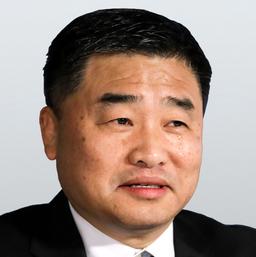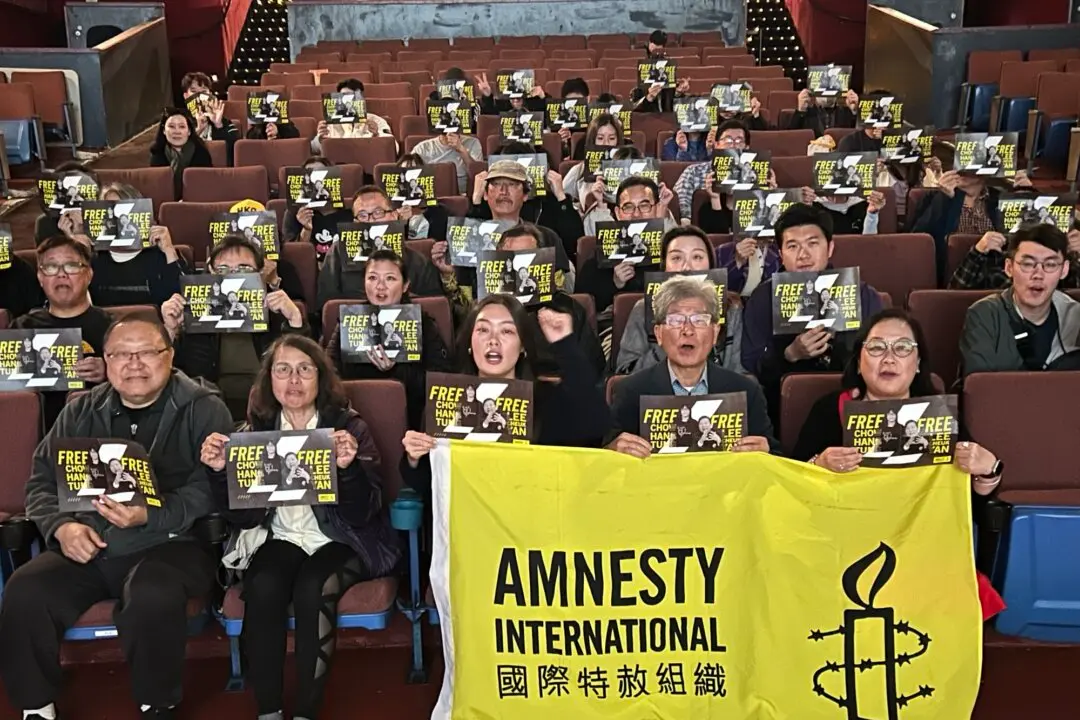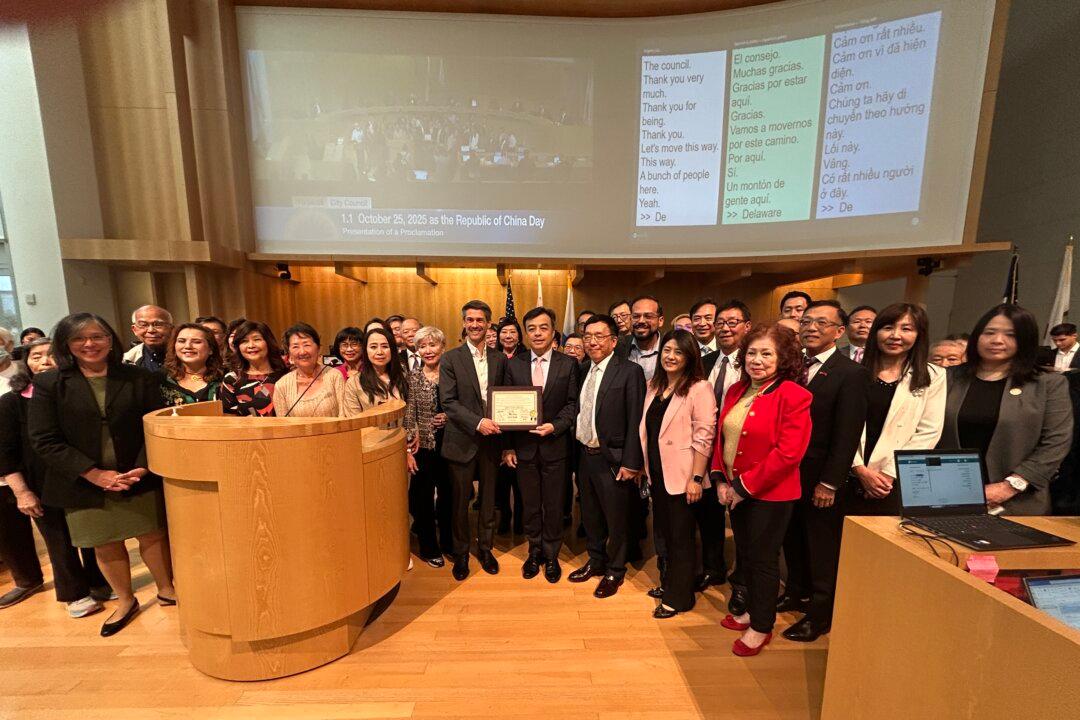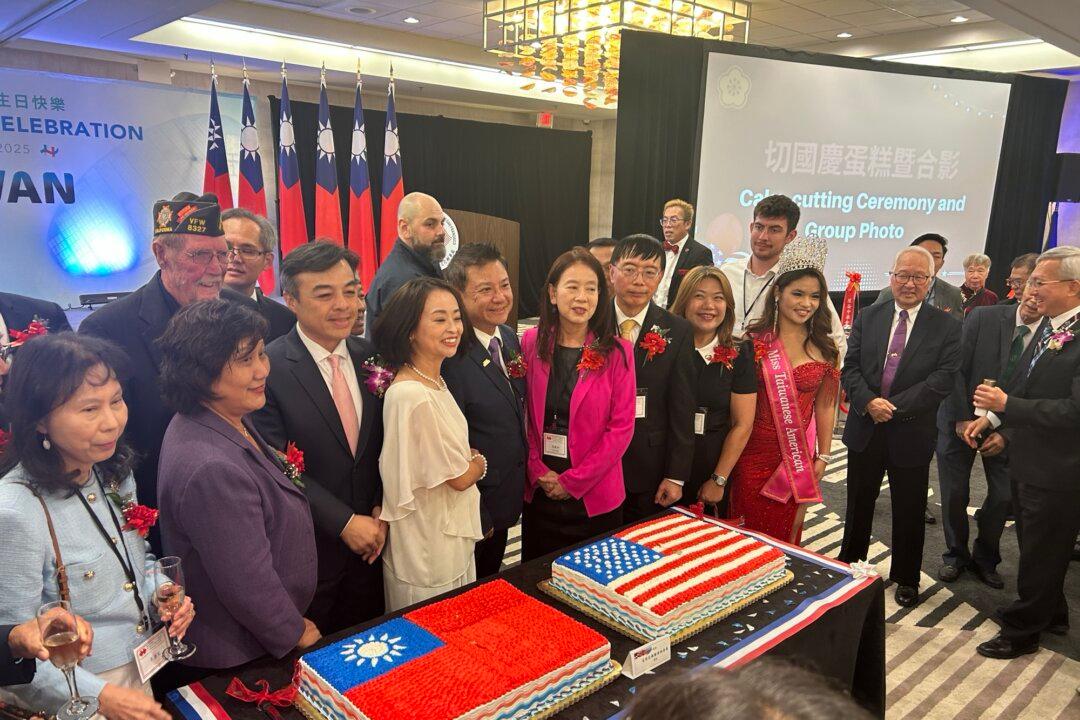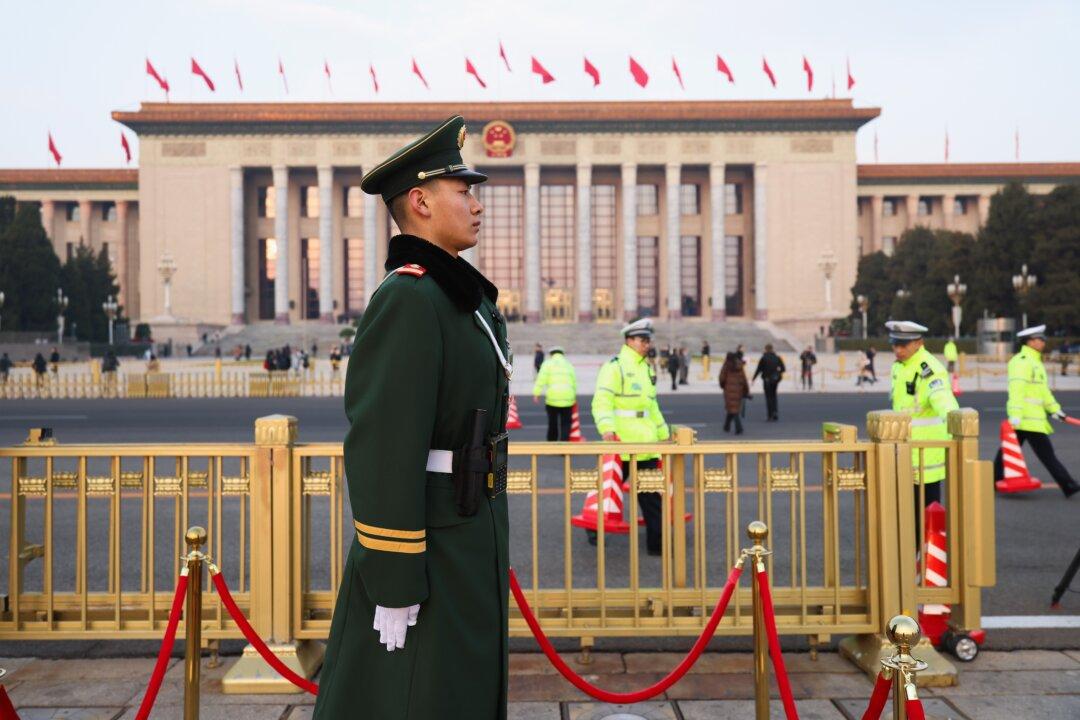SAN FRANCISCO—California Democratic gubernatorial candidate Gavin Newsom’s comments about being “very, very open” to a pilot safe injection site (SIS) for illegal drugs in San Francisco has drawn sharp criticism from local community members who oppose such an idea.
“We condemn Newsom for making such a promise hastily and are very concerned about his candidacy for Governor!” says a joint press release issued on Oct. 19 by five organizations: California Coalition against Drugs, California for Liberty, International Faith Based Coalition, Organization for Justice and Equality, and Take Back America.

